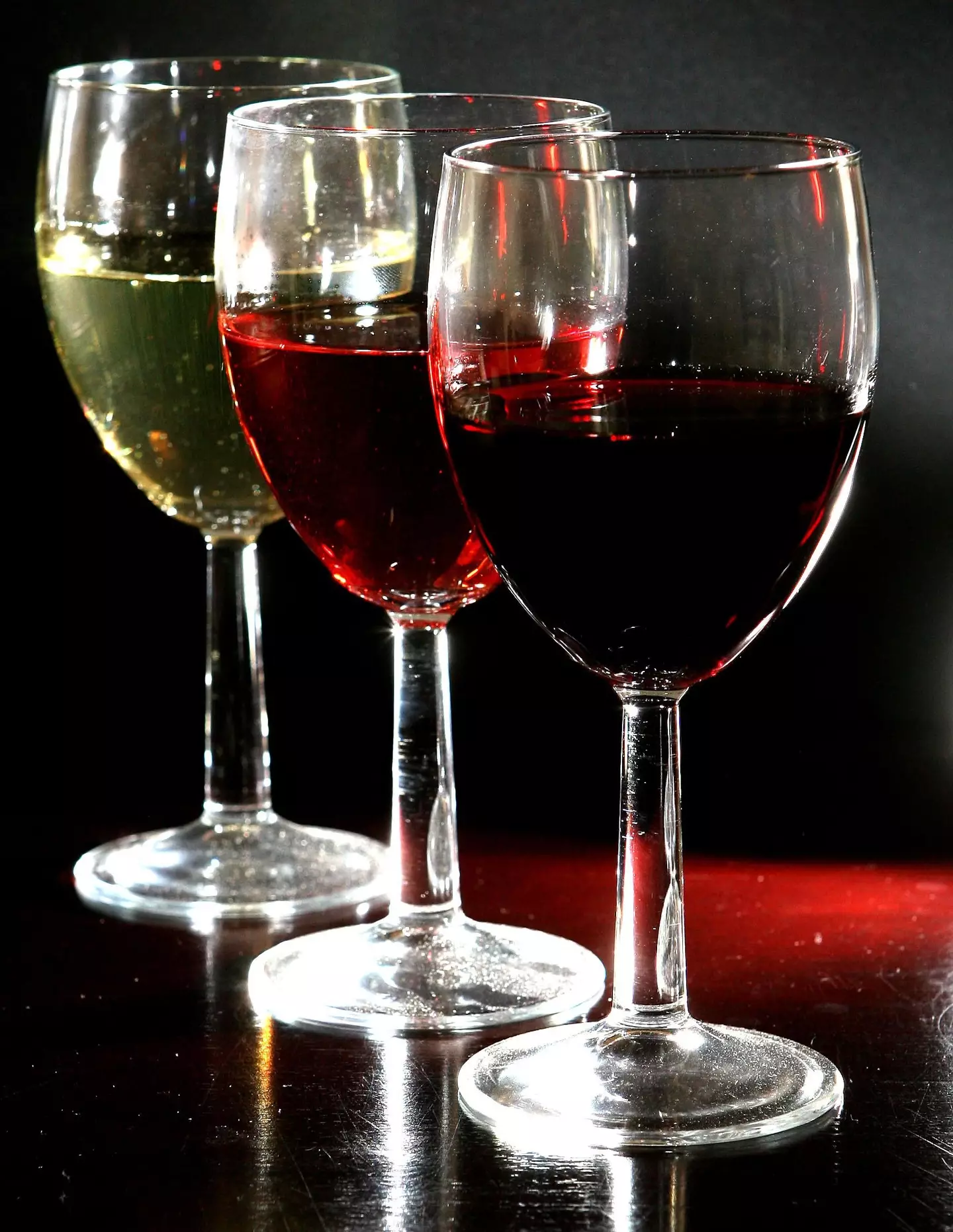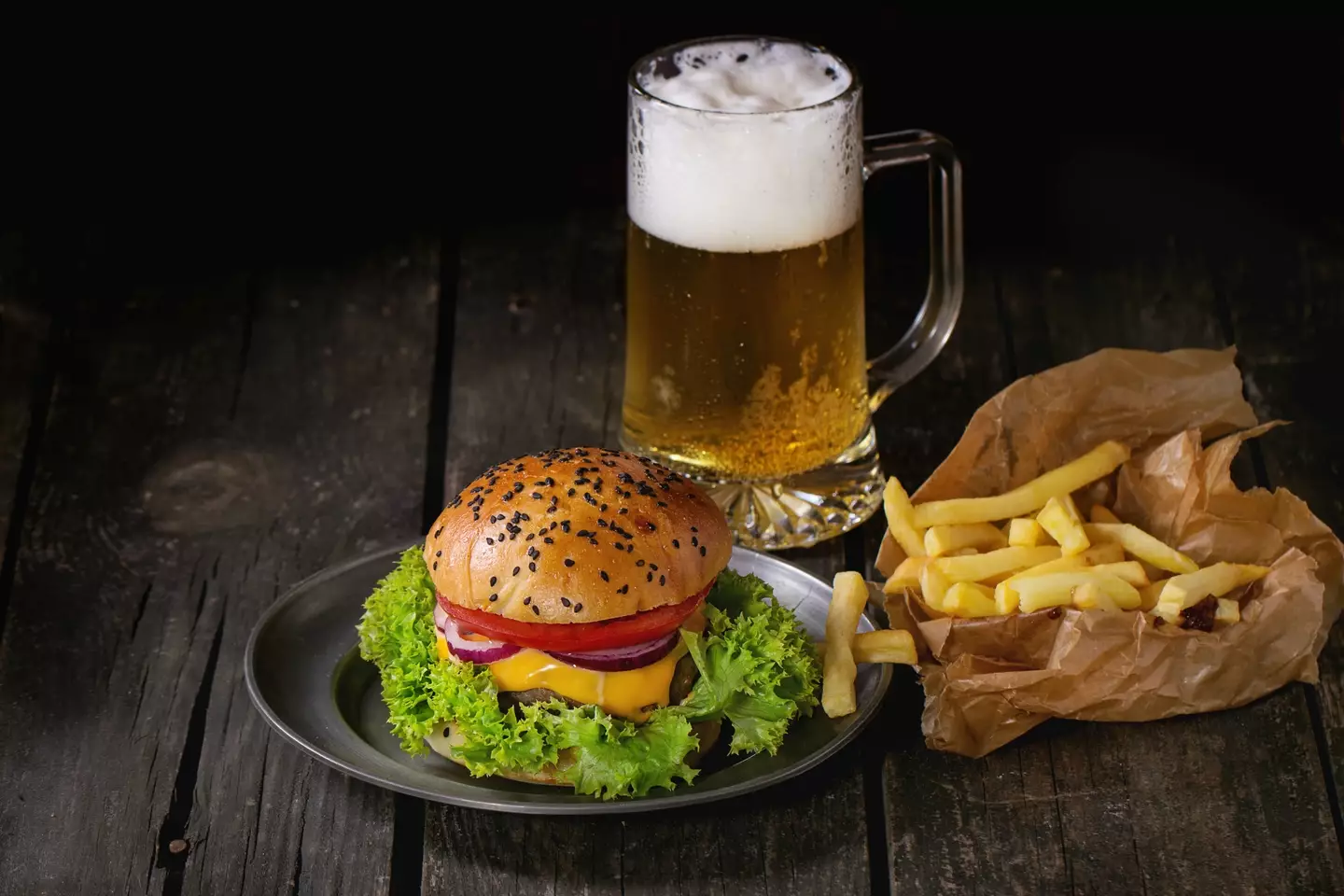
A number of alcohol producers have chosen to reduce their products’ ABV (Alcohol By Volume) in a move to cut costs across the UK.
Hophead has reduced its beer’s strength from 3.8% to 3.4%, and Molson Coors has reduced Grolsch’s ABV to 3.4% from 4%.
Carlberg’s Danish Pilsner has also dropped from 3.8% to 3.4%, while Heineken has dropped Sol’s ABV from 4.2% to 3.4% and John Smith’s Extra Smooth from 3.6% to 3.4%.

Advert
Don’t expect those savings to be reflected in the cost of your pint, of course; Heineken’s draught beers rose in price by an average of 2.97% at the beginning of February. The price you’ll pay is up to individual pubs, but by and large those increased costs will be covered by customers.
Manufacturer’s often don’t need much excuse to cut costs, of course, but this slew of them across the alcohol industry comes in response to legislative changes.
August 2023 saw the introduction of a new alcohol duty that taxes alcoholic drinks according to their strength rather than their type.
At 3.5%, the tax becomes steeper than it is below this threshold, which explains why so many manufacturers have cut their beers to 3.4% ABV. By and large this shouldn’t result in more expensive drinks, but it does mean you’ll be getting less alcohol content for the same price.
Many companies opted to raise prices, however. Heineken increased the price of its kegs by 1.73% in 2024 along with reducing the alcohol content of some of its brands.
.jpg)
“As ever, we continue to make considerable effort across the business to deliver cost savings and drive efficiencies to keep price increases to a minimum, and reduce the impact of inflation on our customers," a Heineken spokesperson told a UK publication.
Brewers’ cost increases aren’t about to slow down, however, as new environmental policies are coming into effect.
One of which is the Extended Producer Responsibility (EPR) policy which will see estimated environmental costs added to a product’s price.
Later in 2025, the Packaging Recovery Notes (PRN) requirement is also rising from 37% to 100%, forcing brewers to ensure all packaging is 100% recycled or recovered if they want to escape added fees.
While beer’s alcohol content can have a significant bearing on its popularity at local boozers, wine is a different story.
Alcohol content has a significant impact on flavour, and wine producers feel the increased tax burden misses the point of drinking wine over beer. In other words, it’s not about the ABV so much as the flavour.
While alcohol taxation changed in 2023, there was a temporary “easement” applied to wine that saw all wines between 11.5% and 14.% ABV treated as though they had 12.5% alcohol content.
As of February, that easement has come to an end, increasing costs for wine producers as the duty becomes reflective of each wine’s ABV.
The Wine and Spirit Trade Association (WSTA) said this would result in having 30 different payable amounts within the range.
Chancellor Rachel Reeves’ first budget under the new Labour government saw the Treasury claim the changes would result in a 5p saving for an 11.5% ABV 250ml glass of wine, while a 13% ABV glass would cost 8p more.
Treasury minister James Murray told the House of Commons that alcohol companies had “adapted well to the new system”.

There has been considerable resistance from elsewhere in the Commons, however.
Paul Kohler, the Liberal Democrat MP for Wimbledon and owner of CellarDoor in Covent Garden, told the House that the alcohol tax system is “simply not workable in the context of wine”.
He said: “It fundamentally misunderstands why people drink wine.
“Wine is consumed primarily for taste not strength – the ABV affects the taste profile.
“Compare a light Beaujolais with robust Rioja – it’s all about taste, not about whether it is stronger and someone can get more drunk. That is not how people consume wine.”
The MP also said: “The ABV of wine cannot be predicted with precision before or during the wine-making process.
“The alcohol content is stable only at the point when the wine goes into the bottle.
“The ABV varies between different years and different vats, and until bottling we do not know the ABV of a particular bottle.
“It therefore creates huge uncertainty about price and profit margins for the industry if there are different rates of duty depending on the specific ABV, down to a gradation of 0.1%.”
He cited pressures on nightclubs as an additional reason to consider easing these measures, with thousands having closed over the past five years.
Kohler continued: “The industry is facing an existential crisis owing to the cost-of-living crisis, rising energy prices, inflation, labour shortages following Brexit, changes to commuting patterns, and more than doubling of business rates.
“Now, another increase in alcohol duties are to be yet another burden.
“Every increase in cost makes survival more difficult as I know myself, and this Finance Bill shows the Government is still not taking the dangers seriously.”
Mr Murray responded: “The wine easement ended over a month ago and our early indications are that firms, warehouse keepers and HMRC have adapted well to the new system.
“Of course, I and my officials will carefully monitor that situation.”
Topics: UK Food
